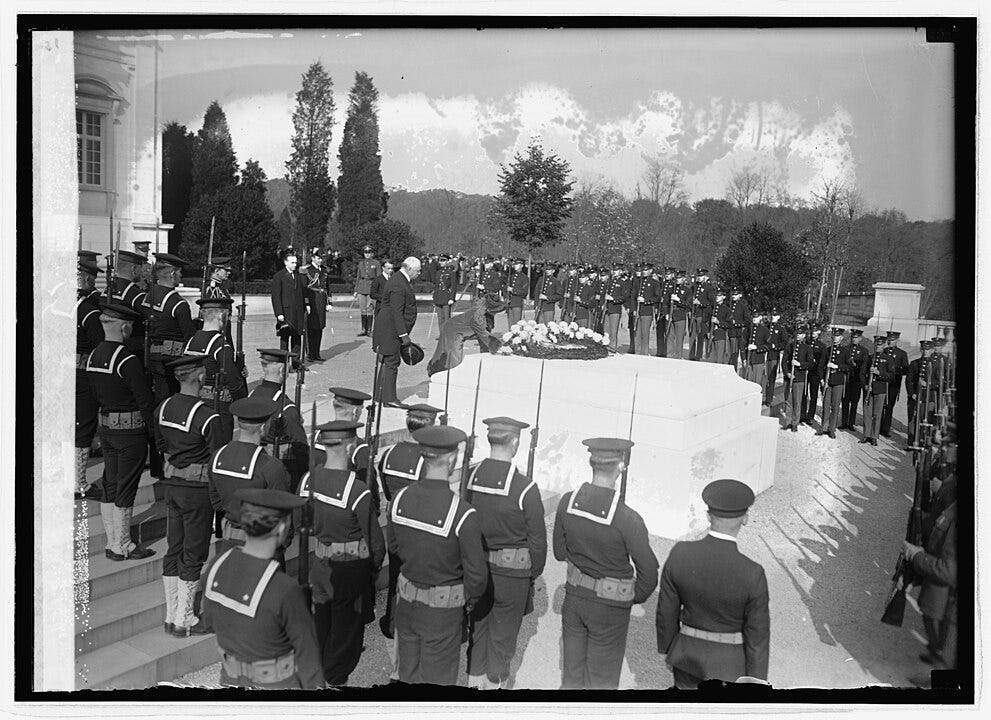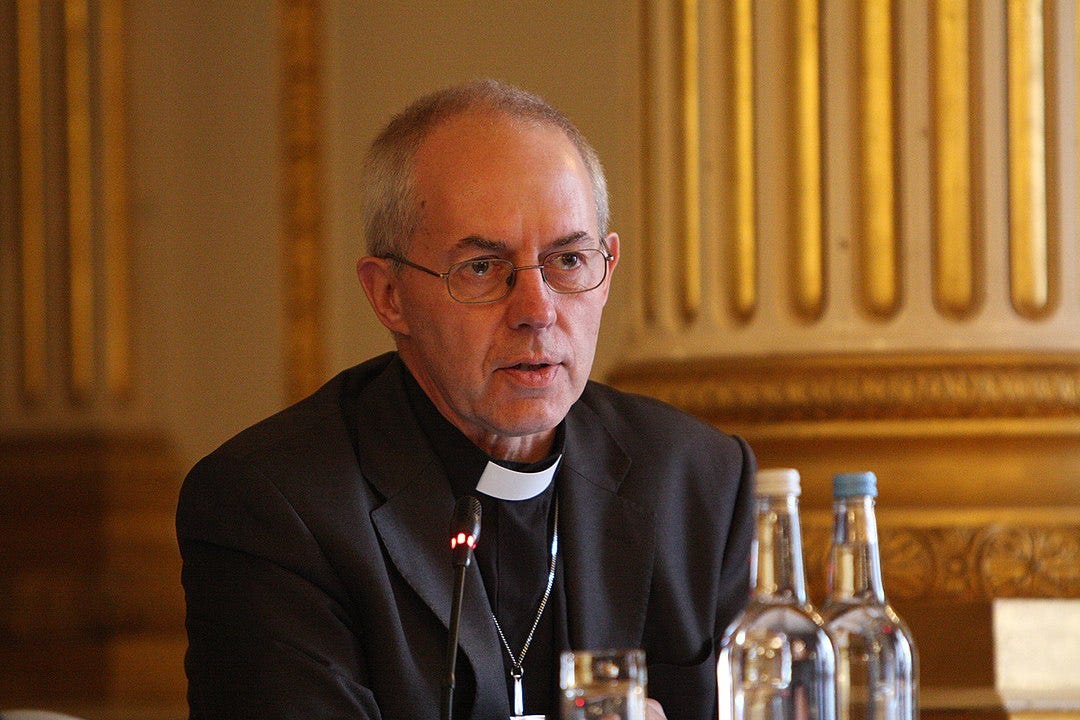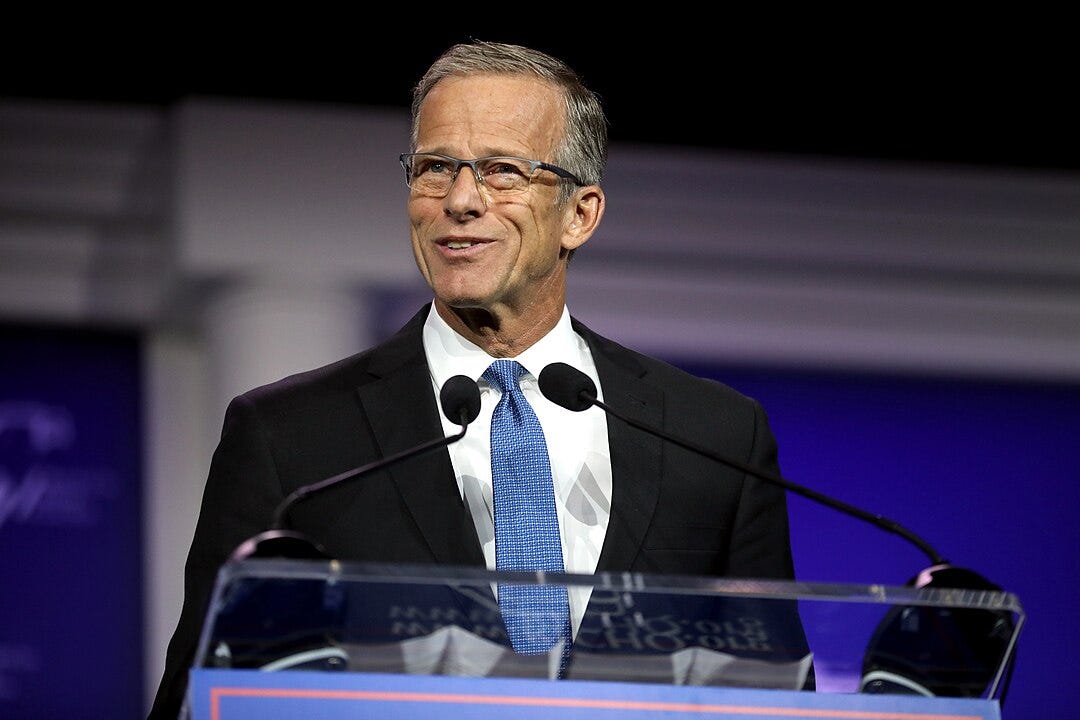This week I asked when students should go to college, described the liberal arts as a kind of helpful distraction, and shared a 20th century version of the gospel account of the widow’s mite. At my sabbatical blog, I wrote a first draft of the origins of my university’s nursing program. Elsewhere:
• The archbishop of Canterbury, traditional leader of the world’s Anglican Communion, announced that he will resign, in the wake of yet another case of a church hierarchy covering up abuse.
• While there’s no shortage of drama in the history of that office, retiring in disgrace is something new.
• Assuming Louisiana appeals a federal judge’s ruling striking down the state’s requirement that public schools post the Ten Commandments, it’s likely to become “an important test case at a time when the Supreme Court’s thinking on religion and public education is becoming more religion-friendly – perhaps the most it has ever been.”
• Evangelical support of Donald Trump is still an important problem, for the church and American society alike… but maybe we can start paying more attention to Latino evangelicals who voted Republican this month.
• And perhaps to socially conservative young evangelicals who live “two generations downstream of the sexual revolution.”
• What’s next for the pro-life movement under a second Trump presidency? Or for a cultural Christianity that “bears the hallmarks of some of the more robust reactionary strains of secular politics without any of the Christ-like obligations”?
• According to one pastor-theologian friend of mine, American politics “been reduced to a very pessimistic docetism. We don’t see humanity first. Instead, we see a person’s politics (and the worst version of those politics).”
• Some good news: over the past twelve months, the U.S. has experienced “a pretty stunning and rapid reversal of drug overdose mortality numbers.”

• I appreciated Heather Cox Richardson’s reminder that Veterans Day should not be disassociated from an anti-isolationist view of America’s role in the world.
• If you want to put the present political moment in a larger historical context, consider these book recommendations by renowned Jefferson scholar Annette Gordon-Reed.
• If you’re worried about the future of higher education and/or the role of elites in American society, I think David Brooks’ cultural critique of Ivy League meritocracy is well worth a read.
• If you want to dive deeper into the idea of distraction, three New Yorker critics discussed “the line between using art as a salve and tuning out at a moment when politics demand our engagement”…
• …and Russell Moore drew on Thomas Merton (!) to explain why following the news can both help “a free and attentive mind discern what’s happening and how to make sense of it” and “fray your attention, scatter your thinking, and affix you to whatever mob it’s easiest to mimic.”
• Likewise, I appreciate O. Alan Noble’s advice to spend time with “timeless works” — the Bible, above all.
• “What if instead of reacting to the next crisis,” asked one Baylor professor, “schools with a faith identity reached into their spiritual and intellectual traditions to offer a more hopeful counternarrative to the present age?”
• The new Senate majority leader is not only the graduate of one Christian college, but the father of a Bethel History alumna.
• Any fellow Christian fans of Bob Dylan out there should enjoy this essay by theologian Christopher Barnett.
• Finally, I’ve decided to join the migration away from X/Twitter — not just because I don’t want to contribute in even a small way to the wealth and influence of Elon Musk, but because it’s become rare that my feed there shows me anything worth reading. You can find me on Threads, but I’m more likely to engage at Bluesky.






I always appreciate your Saturday morning collection of interesting events and perspectives. Am thinking about the young evangelicals living downstream from the sexual revolution -- and it's so obvious to me whey they support monogamy and also a covenantal relationship. I wonder, but am not sure, if might be open to including the queer community with these same two principles. As an older person, I know I am not familiar with names such as Jordan Peterson, etc.
I am also trying to balance this perspective, which I appreciate, with those who are deconstructing their faith -- leaving the church to find Jesus, so to speak. Sometimes I wonder if we may be entering another period of church reformation.